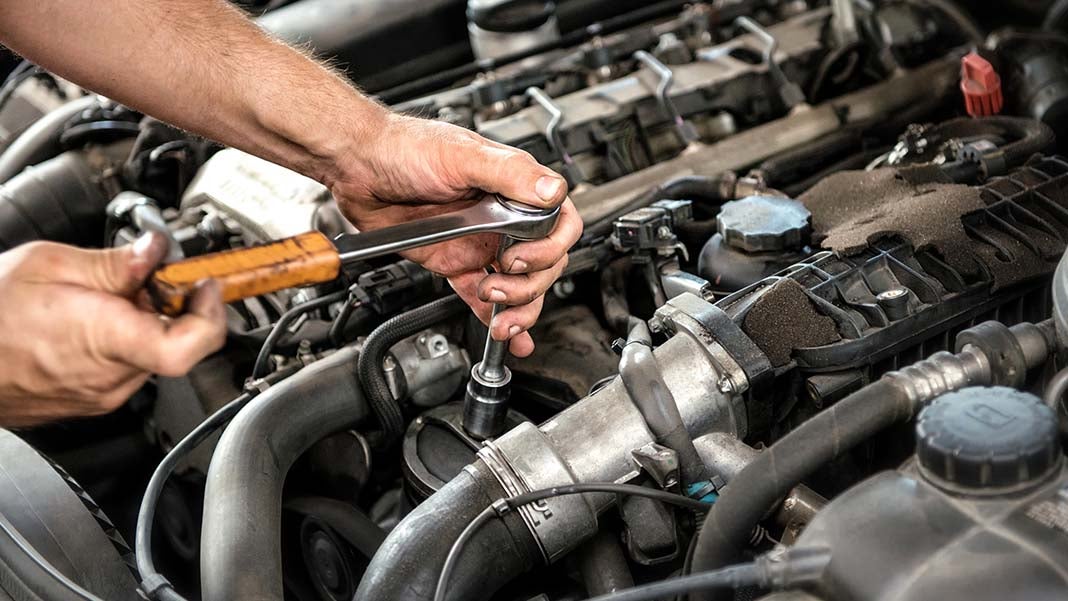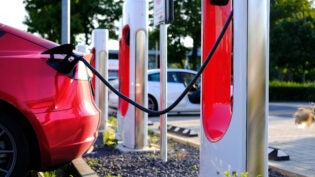
Today I had three separate conversations with:
- A startup that was running out of cash;
- A mid-sized, 50-year-old business looking to reinvent itself; and
- A Fortune 2000 with seemingly unlimited resources that has worked for years on innovation with virtually nothing to show for it.
Each had innovation engines that weren’t performing but for completely different reasons.
I wasn’t surprised. Every day I see firsthand what makes an innovation engine hum and what makes it stall out.
Meanwhile, there is no question that the future is coming faster and faster. So how’s your innovation engine running?
To find out, look at the entrepreneurs in your ecosystem. Are they frustrated or happy? If they are frustrated, it is likely because they see emerging needs and the company is not responding to them. Successful innovation and successful entrepreneurs have a lot in common. Innovation is the merger of a significant market need and an idea that can be turned into a profit-driving experience. These three variables are the cogs of an innovation engine. They are also the gears that entrepreneurs drive every day. When the market need (#1), the idea to fill it (#2) and the profitable experience (#3) are not syncing, your internal entrepreneurs are at best frustrated and at worse leaving.
Entrepreneurs were born to build engines and rebuild innovation engines. They instinctively see gaps in the market, and they can’t help but find ways to fill those gaps, whether that means a better app or a better mousetrap. Show me a serial entrepreneur and I’ll show you a creator who is constantly unsatisfied and constantly generating better and better ideas.
From my experience, the larger the company you work for, the more you know about tuning engines. Your expertise is making a profit engine run smoother every day. You were not hired, trained or born to either build or rebuild engines.
And herein lies a lesson for the people who want to change the world at large and small companies alike.
Your Engine is Better Than My Engine
Leaders at Fortune 2000 companies see entrepreneurs constantly building and rebuilding their innovation engines and wonder why—with all their company’s money, distribution, IP and brand strength—they can’t build innovation engines better and faster than smaller companies that are often struggling to make payroll. Their journey looks just like this short animation.
So next they decide it is time to build a culture of innovation. Here’s the thing: If you work in a conservative, mature and, perhaps, regulated industry, building a culture of innovation is akin to putting a four-barrel carburetor on a Prius. You’ll wind up with a car that is still too slow and now gets horrible gas mileage too. Said differently, your profits and morale will take an unfortunate dip, and you’ll wind up with no big ideas. Remember, you hired and trained a team to mitigate risk, not take it.
Entrepreneurs have the exact opposite challenge. They are excellent at building and rebuilding innovation engines, but they want to act like the big boys. So they raise capital and invest in systems, offices, people and other overhead they don’t need, all in attempt to legitimize their business.
Ironically, this newfound legitimacy turns into a burn rate that keeps them from doing the one thing they know best––changing with market demand. They have a really fast car but no fuel.
So what is a company—either big or small—to do?
If you are a big company, focus on tuning your innovation engine. Use consumer insight and a portfolio strategy to get faster and better at driving incremental innovation and more delightful customer experiences. Then use venturing, partners and outside incubators (that you own or co-invest in) to create more disruptive innovation.
If you are a small company, partner with larger companies to help optimize your model. They will provide you with much-needed distribution and brand strength, and perhaps end up buying you. Resist the urge to raise more and more capital when the help you need might be right next door.
We’re entering an age where big companies are learning that they need entrepreneurs to survive. Unfortunately, many will learn the lesson too late.












